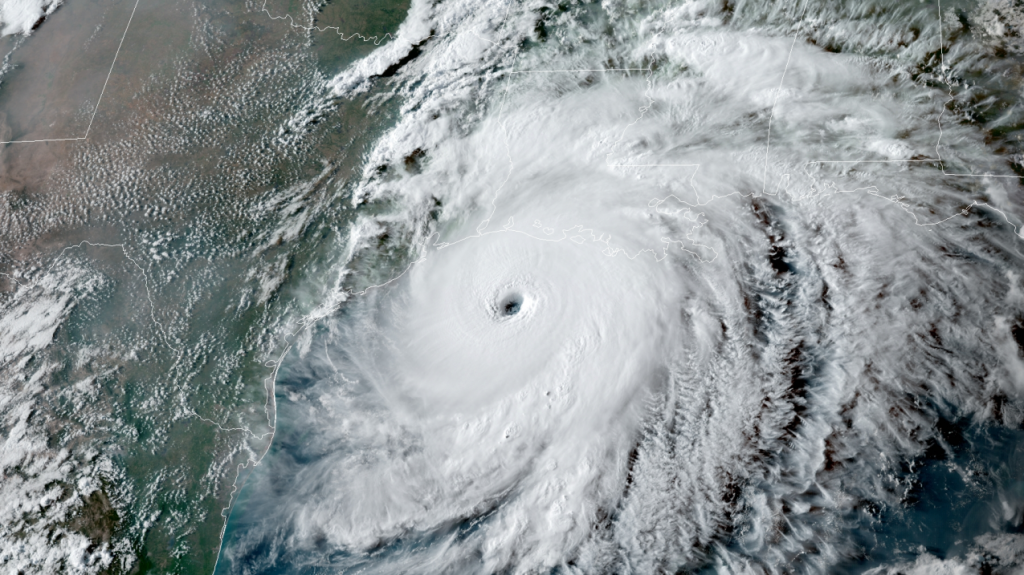State accepting public comments on amendment to Hurricanes Laura, Delta action plan
Published 5:59 pm Wednesday, June 1, 2022
The Louisiana Office of Community Development is accepting public comments on an action plan amendment to spend $1.2 billion in federal funding for recovery from Hurricane Ida and an additional $450 million for recovery from Hurricanes Laura and Delta as part of the Disaster Relief Supplemental Appropriations Act of 2022. The 30-day public comment period starts today and ends at 5 p.m. Thursday, June 30.
“In 2021, Hurricane Ida struck Louisiana barely 12 months after Hurricanes Laura and Delta hit us, compounding damages across our state,” OCD Executive Director Pat Forbes said. “The Department of Housing and Urban Development’s most recent Community Development Block Grant disaster recovery allocation of $1.2 billion for Ida, when added to HUD’s total $1.05 billion allocation for recovery from Laura and Delta, brings the combined funding available for recovery from these storms to more than $2.25 billion.
“This funding will let us open recovery programs for Hurricane Ida and expand our recovery programs for Laura and Delta,” Forbes said. “We are grateful to Governor Edwards, our congressional delegation and President Biden for their tireless work and commitment in getting us the funding we need to recover from these storms.”
Trending
In addition to accepting written comments on the amendment, the state will host a round of public hearings to gather public input. The action plan amendment and the ability to submit public comments are available on the OCD website here. The schedule of public hearings is available here.
After accepting public comments, the state will submit the amendment to HUD for final federal approval. Once HUD approves the plan, the state will be able to access the federal funds and expand the recovery resources available through the Restore Louisiana 2020 programs, such as the following:
- Restore Louisiana Homeowner Assistance Program to address the rehabilitation of owner-occupied households, with a focus on serving the most vulnerable populations;
- Affordable rental and homeless prevention programs to repair and increase the inventory of affordable rental housing for affected renters and provide rental assistance and support services to households displaced by the disaster and at risk of becoming homeless;
- Economic recovery and revitalization programs that provide loans, grants and technical assistance to small businesses;
- Infrastructure and non-federal cost-share assistance programs; and
- Mitigation investments that improve resilience.



